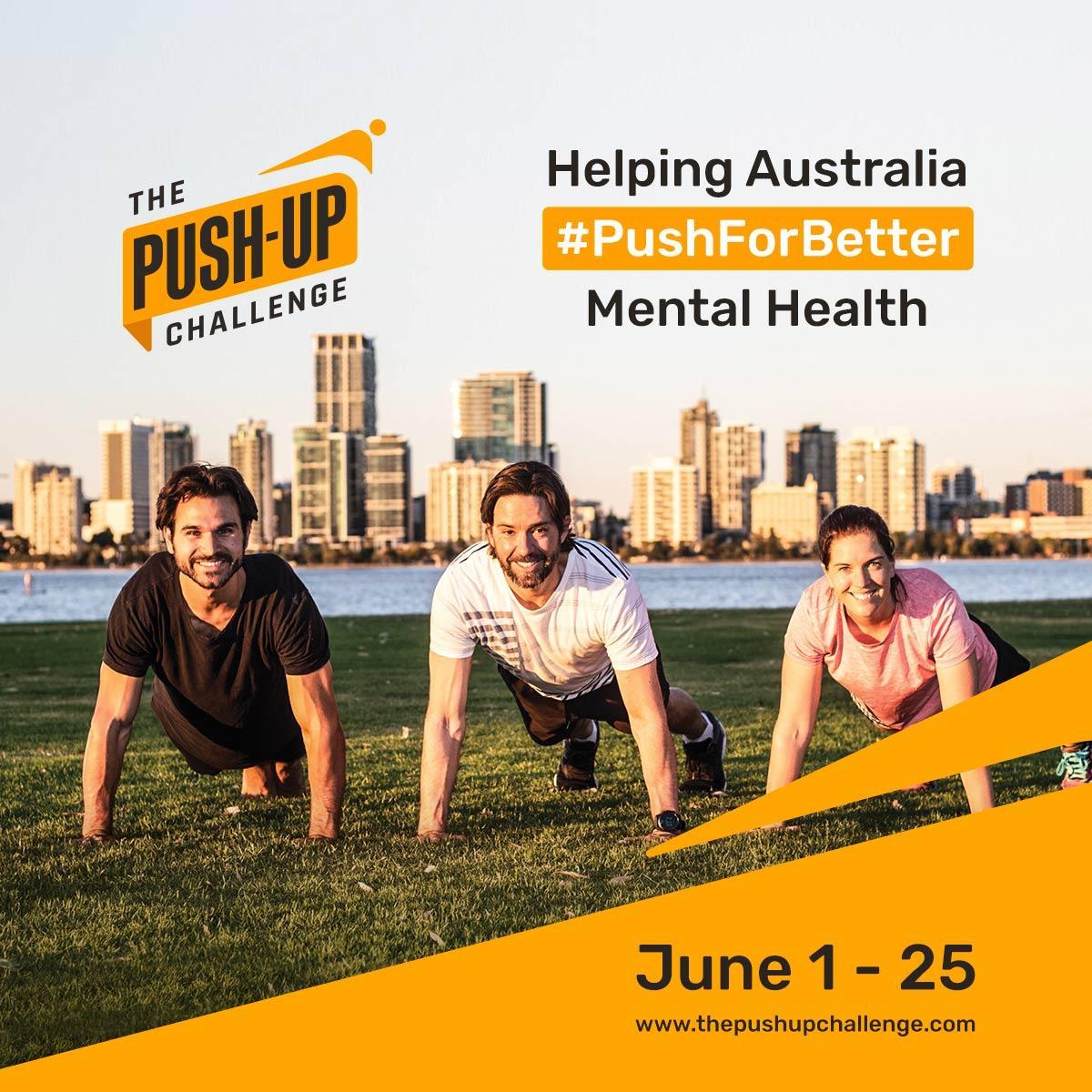WELLBEING

The Wellbeing Hub
Wellbeing survey, upcoming event and learning about feelings
Welcome back! Term 2 is well underway and the College is buzzing with the energy from staff and students again. We are continuing our wellbeing mapping and Term 1 saw us take the first step to gather crucial wellbeing data from our students. Some feedback from the survey indicated students wanted to see more external service providers come in to the school to present on various mental health and wellbeing topics.
The College has organised Senior Constable Zeylla Munguia from Police and Kaitlyn Robinson and Kanesha Lewis from the local Child and Adolescent Mental Health service to present on the 6th May. This will be to our Year 7, 8 and 9 cohort around unsafe use of devices and the possible mental health and wellbeing effects. It also covers how they may be able to help themselves and their friends if something does go wrong and they find their mental health affected.
As we continue in to our year too, it’s important not to forget that for some of our students, they are still processing large life changes. For some they are still settling in to a new school, making the transition to high school and/or preparing for the transition to post school life. Whilst some students may have found their feet by now, there will be a number who still need more time. One of the first steps you can take with your child is to help them understand how to best understand how they are feeling and then communicate what they are feeling. Just like adults, young people also experience a range of complex emotions and feelings. They can get frustrated, excited, nervous, sad, jealous, frightened, worried, angry and embarrassed – that’s just in one day!
The difference however, is that young people don’t have the words to talk about their feelings or emotions in an effective way. Instead they communicate their feelings in other ways including facial expressions, through their body, their behaviour and play. Sometimes they may act out their feelings in physical, inappropriate or problematic ways. The best resource in regards to wellbeing for young people is to help them to start learning the emotional skills they need to identify, express and manage their feelings. Being a parent means you’ve got a really important role to play in helping your young people understand their feelings and behaviours. Just like learning literacy and numeracy skills, they need to be shown how to manage their feelings in positive and useful ways.
Kids Helpline have developed some handy tips on how to assist your young person in building these skills:
- Tune into cues - Sometimes feelings can be hard to identify. Tune into your child’s feelings by looking at their body language, listening to what they’re saying and observing their behaviour. Figuring out what they feel and why means you can help them identify, express and manage those feelings better.
- Behind every behaviour is a feeling - Try to understand the meaning and feeling behind your child’s behaviour. You can help your child find other ways to express that feeling once you know what is driving the behaviour.
- Name the feeling - Help your child name their feelings by giving them a label. Naming feelings is the first step in helping kids learn to identify them. It allows your child to develop an emotional vocabulary so they can talk about their feelings.
- Identify feelings in others – Provide lots of opportunities to identify feelings in others. You might ask your child to reflect on what someone else may be feeling. Cartoons or picture books are a great way discuss feelings and helps kids learn how to recognise other people’s feelings through facial expressions.
- Be a role model - Kids learn about feelings and how to express them appropriately by watching others. Show your child how you’re feeling about different situations and how you deal with those feelings.
- Encourage with praise - Praise your child when they talk about their feelings or express them in an appropriate way. Not only does it show that feelings are normal and it’s ok to talk about them, it reinforces the behaviour so they are likely to repeat it.
- Listen to your child’s feelings - Stay present and resist the urge to make your child’s bad feelings go away. Support your child to identify and express their feelings so they are heard. When feelings are minimised or dismissed, they will often be expressed in unhealthy ways.
Sarah Lehman | Director of College Wellbeing
From The Counsellor’s Desk
The Benefit of Exercise
Welcome Back
Welcome back to the busyness of term 2. We have hit the ground running with excursions and camps and assessments already filling the 9 short weeks of the term with excitement.
When we’re not operating at full capacity these otherwise exciting events can just seem stressful and overwhelming. It is important for our wellbeing that we take time to look after our mental health and part of that is getting enough exercise.
Regular Exercise
Exercise makes you feel better. Particularly if you’re able to do some vigorous exercise outside most days of the week this will help a great deal with your mental health and wellbeing. Getting the blood flowing, getting the muscles pumping helps make you feel better all over and releases endorphins. It also helps with appetite and helps you sleep better if you’ve spent lots of energy during the day. It increases your energy levels and reduces your risk of chronic pain and disease. It plays a key role in building and maintaining strong muscles and bones and can improve brain function and memory and thinking skills. Exercise with people has the added benefit of working toward a common goal with others. Team sport is social, helps with belonging, teaching conflict resolution and mood regulation and developing a positive self image.
In June the College is taking part in a mental health awareness activity called the Push-Up Challenge. You can donate to support the team or if you love doing push-ups and want to learn about mental health jump on board and join the TRAC Push-up Champions. Click on this link and it will take you to our team website. Some House roll groups will be joining as a group so that together they can reach the goal. At the end of term there might even be a competition to find the TRAC Push-up Champion for 2021. There were 3318 deaths by suicide in Australia last year and that is the number of push-ups we are each aiming to get to in just 25 days in June.
The TRAC Wellbeing website has some other exercise suggestions and resources if you need help getting active. Doing the Hundred push-ups program might be a good way to prepare for the Push-up Challenge in June.
Michael Lance | College Counsellor






